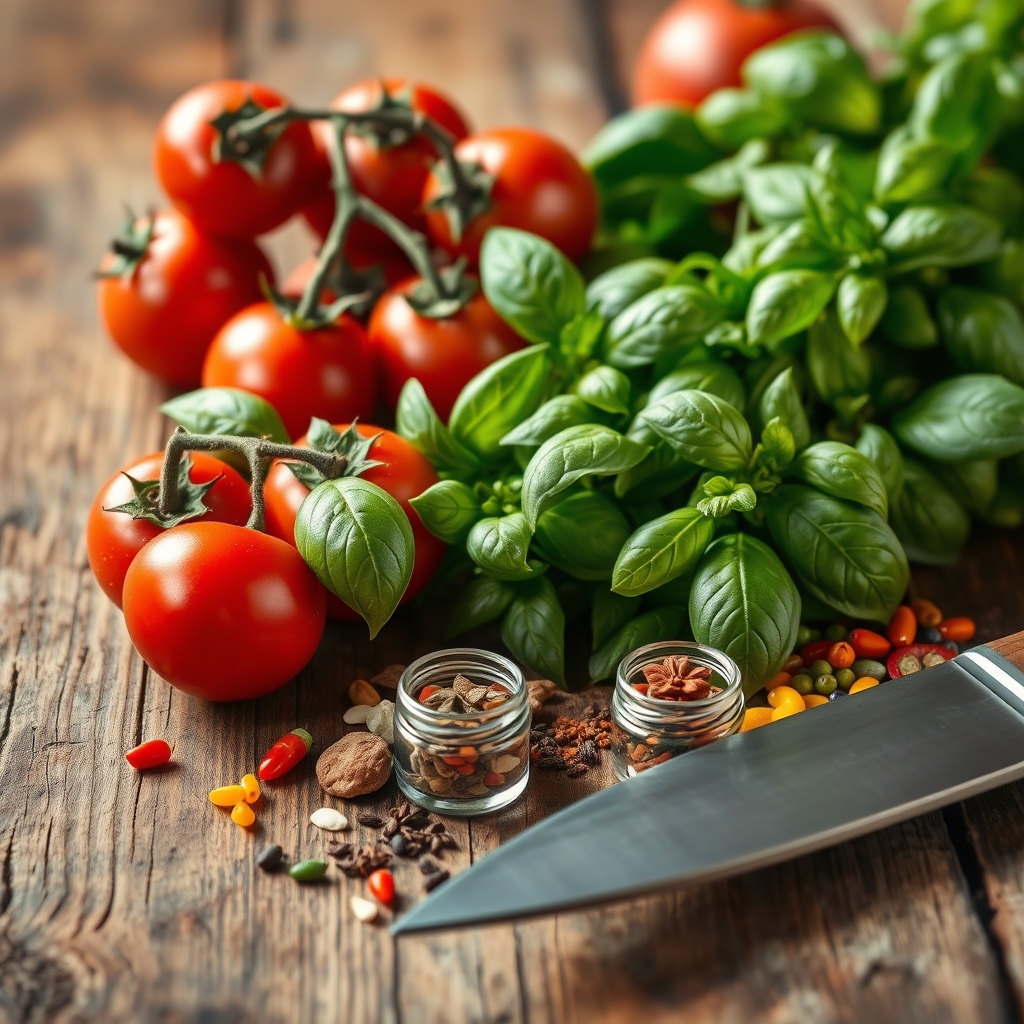Comparing Recipe Generator API and Chef Generator API: Which One Fits Your Needs?

In the world of culinary technology, APIs play a crucial role in enhancing user experiences by providing innovative solutions for recipe generation and discovery. Two notable APIs in this domain are the Chef Generator API and the Recipe Searcher API. This blog post will delve into a detailed comparison of these two APIs, exploring their features, use cases, performance, and scalability, ultimately helping you determine which one fits your needs best.
Overview of Both APIs
Chef Generator API
The Chef Generator API is designed to assist chefs, food bloggers, and culinary enthusiasts in generating unique recipes based on user inputs and preferences. By leveraging machine learning algorithms, this API can create new recipes tailored to individual tastes and dietary requirements. It not only saves time by eliminating the need to search through cookbooks or online databases but also offers a wide variety of recipe options, from simple meals to gourmet dishes.
Recipe Searcher API
The Recipe Searcher API provides access to a vast database of over 2 million recipes. Users can search for recipes using keywords, dietary restrictions, and health filters, making it an excellent tool for discovering culinary inspiration. This API is particularly useful for those looking to explore diverse cuisines or find specific dishes that meet their dietary needs.
Side-by-Side Feature Comparison
| Feature | Chef Generator API | Recipe Searcher API |
|---|---|---|
| Recipe Generation | Generates unique recipes based on user inputs. | N/A |
| Recipe Search | N/A | Searches over 2 million recipes using keywords and filters. |
| Ingredient Suggestions | Provides suggestions based on user preferences. | N/A |
| Detailed Recipe Information | Includes recipe names, serving sizes, and instructions. | Offers comprehensive details including nutritional facts and images. |
| Customization | Customizes recipes based on input ingredients. | Customizes searches based on dietary restrictions and cooking time. |
Example Use Cases for Each API
Chef Generator API Use Cases
The Chef Generator API is ideal for:
- Meal Planning: Users can input available ingredients and receive tailored recipes, making meal planning efficient.
- Cooking Apps: Integrating this API into cooking applications allows users to generate recipes on-the-fly based on their preferences.
- Food Blogging: Food bloggers can use the API to create unique recipes that attract readers and enhance engagement.
Recipe Searcher API Use Cases
The Recipe Searcher API is perfect for:
- Recipe Discovery: Users can explore a wide range of recipes based on specific ingredients or dietary needs.
- Meal Planning: Users can create meal plans by searching for recipes that fit their dietary restrictions.
- Cooking Websites: Websites can integrate this API to provide users with a rich database of recipes, enhancing user experience.
Performance and Scalability Analysis
Chef Generator API
The Chef Generator API is built to handle multiple requests simultaneously, making it suitable for applications with high user traffic. Its machine learning algorithms continuously improve the accuracy of recipe generation, ensuring that users receive relevant and practical recipes based on their inputs. The API's scalability allows it to adapt to increasing user demands without compromising performance.
Recipe Searcher API
The Recipe Searcher API is designed to efficiently manage large volumes of data, providing quick search results from its extensive recipe database. Its architecture supports high scalability, allowing it to accommodate a growing number of users and requests without degradation in response time. This makes it an excellent choice for applications that require real-time recipe searches.
Pros and Cons of Each API
Chef Generator API
Pros:
- Generates unique recipes tailored to user preferences.
- Saves time by eliminating the need for extensive recipe searches.
- Offers a variety of recipe options, from simple to gourmet.
Cons:
- May require fine-tuning to ensure recipe accuracy.
- Limited to generating recipes based on user inputs.
Recipe Searcher API
Pros:
- Access to a vast database of over 2 million recipes.
- Flexible search options based on dietary restrictions and ingredients.
- Provides detailed recipe information, including nutritional facts.
Cons:
- Does not generate unique recipes; relies on existing database.
- Search results may vary based on keyword specificity.
Final Recommendation
Choosing between the Chef Generator API and the Recipe Searcher API ultimately depends on your specific needs:
- If you require a tool that generates unique recipes based on user inputs and preferences, the Chef Generator API is the better choice.
- If you are looking for a comprehensive recipe database that allows users to search for existing recipes based on various criteria, the Recipe Searcher API is more suitable.
In conclusion, both APIs offer valuable features that cater to different aspects of culinary technology. By understanding their capabilities and limitations, you can make an informed decision that aligns with your project requirements.





